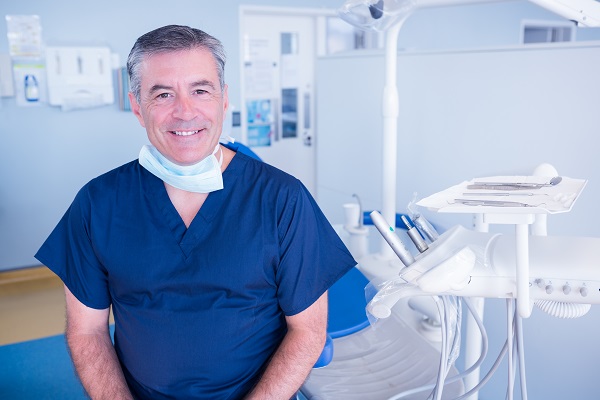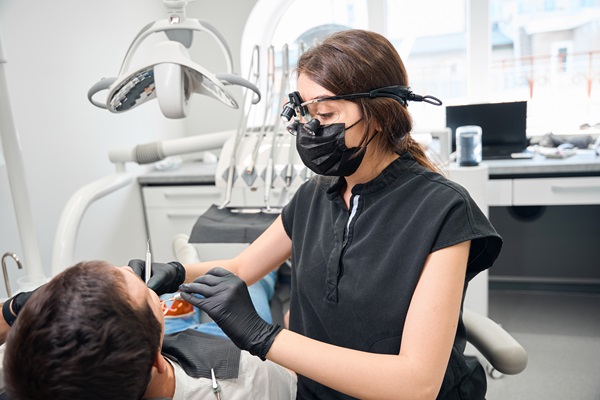Ask a Family Dentist: What is a Cavity?

Asking a family dentist questions allows patients to be sure the answers they receive are correct. Dentists train for years and can provide patients with the information they need to support their good oral health. One of the more common topics patients want to know more about is cavities.
About cavities
Many individuals are choosing to trust family dentists as their primary dental professional as they provide routine oral care for patients of all ages. One of the main reasons why an individual may visit a family dentist is because they are in need of cavity treatment. During cavity treatment, the patient can also ask questions about their cavity, such as the root cause and how they can prevent them in the future. Understanding this information is essential, as cavities can result in eventual tooth loss.
A cavity is an infection in a tooth that often results in decay or loss. Cavities start by forming small holes in a tooth and these holes will only become larger over time. These holes are created when plaque stays on a tooth, as plaque contains bad bacteria that eat away at the tooth. This is one of the many reasons why making regular dental check-up appointments with a family dentist is so important, as any built-up plaque can be removed, making it less likely that a patient will be diagnosed with cavities.
How family dentists treat cavities
When it comes to the type of treatment a patient will need when they are diagnosed with a cavity, it depends on how bad the cavity is. For example, a smaller cavity often only requires the removal of the dental decay and the placement of a dental filling to restore the tooth. If a patient has a larger cavity, all of the decay will be removed, and then a stronger restoration option will be used such as onlays or dental crowns. If the cavity has spread into the pulp of the tooth, it will be necessary to perform a root canal in order to save the tooth.
How dental patients can prevent cavities
There are many things dental patients can do in order to avoid being diagnosed with cavities. One simple thing to do is brush at least twice a day in order to help prevent a buildup of plaque. Another important, but simple tip is to floss at least once a day in order to remove any hidden food particles that may be stuck in between the teeth. A third step is to avoid eating foods that are high in sugars and acids. Lastly, it is necessary to make regular dental appointments with a family dentist so that exams and cleanings can be done.
Learn more from a family dentist
Cavities should never go ignored as they can result in long-term oral health problems. Additionally, the entire body can suffer, which can do irreversible damage to one's health. With the help of a family dentist, both children and adults can undergo the necessary cavity prevention to ensure a healthy oral cavity. To find out more, reach out today.
Are you considering using a family dentist in the Marietta area? Get more information at https://www.drhai.com.
Check out what others are saying about our dental services on Yelp: Family Dentist in Marietta, GA.
Recent Posts
When it comes to the dental care of your child, the right time for your child’s first visit to a family dentist might be sooner than you think. One survey by the Delta Dental Plans Association found that many children’s first dental visit was not until the age of two. This is later than it…
When it comes to helping your child take care of their dental needs, a family dentist can offer a lot of guidance. Children have different dental needs than adults. Therefore, it is a wise idea to take them to a dentist who has the training and knowledge necessary to understand children’s dental needs. Read on…
Like your family doctor, a family dentist should be someone you turn to often to help you maintain good health. The dentist will treat serious oral health conditions and restore the full function of teeth. But the dentist also helps with preventive maintenance. One of the most crucial ways this professional supports you is by…
At one point or another, a family dentist might suggest getting x-rays and examinations of the oral cavity. The scans might be more regularly recommended for patients with a high risk of tooth decay than once or twice a year. X-rays are important and a necessary aspect of a dental diagnostic procedure. Without the scan,…



